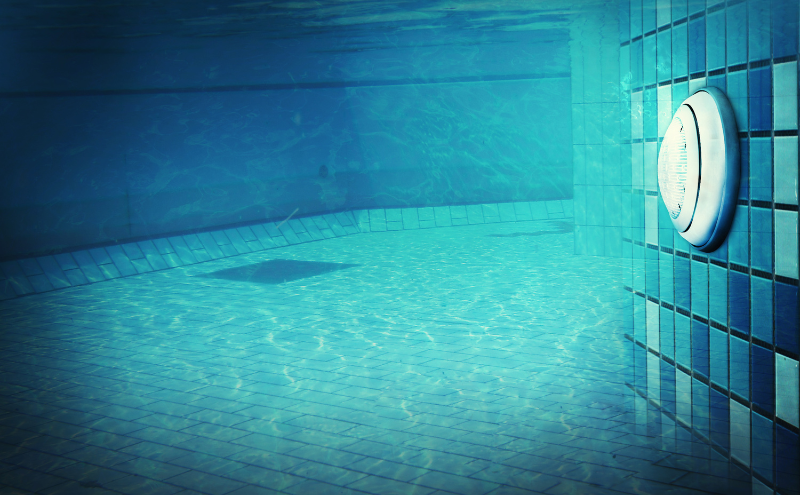Call Us Now!

Pool lighting is a great way to enhance the ambiance of your pool area, making evening swims or poolside gatherings much more enjoyable. However, when your pool light stops working, it can be both frustrating and inconvenient. Whether you’re dealing with flickering lights or a completely dead light, there are several reasons why your pool light might not be functioning properly. In this blog, we’ll explore common causes of pool light issues and provide expert tips on how to fix them.
1. Burnt-Out Bulb
One of the most common reasons why your pool light may not be working is a burnt-out bulb. Just like any other light bulb, the bulb in your pool light has a limited lifespan and will need to be replaced over time.
Signs of a Burnt-Out Bulb: If the light is not turning on at all, this is the most likely cause.
2. Tripped Circuit Breaker
A tripped circuit breaker is another common cause of pool light failure. If the circuit breaker supplying power to your pool light has been tripped, the light will not function.
Signs of a Tripped Circuit Breaker: If the pool light worked previously but has suddenly stopped working, the circuit breaker may be the culprit.
3. Faulty Pool Light Wiring
If the wiring to your pool light has become loose, damaged, or corroded, it can cause the light to malfunction. This is more likely to happen in older pools or in areas where pool lights are exposed to harsh environmental conditions.
Signs of Faulty Wiring: Flickering lights, dim lights, or no light at all can indicate a wiring issue.
4. Corroded or Damaged Pool Light Housing
Pool light housings are designed to protect the electrical components and bulb from water. Over time, however, the housing may become corroded or damaged, which can prevent the light from working properly.
How to Fix It:
5. Transformer Issues
Your pool light may also be powered by a transformer that steps down the voltage to the correct level for the light. If the transformer is faulty, the light may not work at all.
Signs of Transformer Issues: If the pool light flickers or doesn’t turn on at all, it could be a sign of a problem with the transformer.
How to Fix It:
Pool lights are a valuable feature for your pool area, and understanding the potential causes of pool light failure can help you troubleshoot and fix the issue quickly. Whether it’s a simple burnt-out bulb or a more complicated electrical problem, addressing the issue as soon as possible will ensure your pool remains safe and enjoyable for nighttime swims. For more pool maintenance tips and professional repair services, visit our website or contact Blue Oasis Pools today!

A pool light that isn’t working can be a simple fix or a sign of a larger issue. Early diagnosis can help restore your pool lighting quickly and safely.